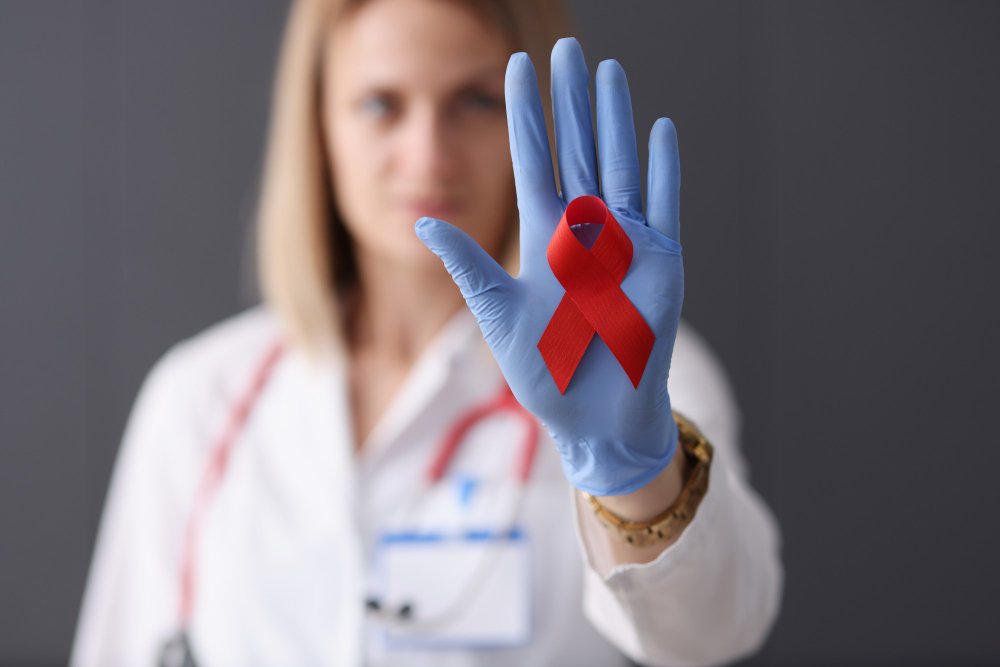Leukemia (Blood Cancer)
Safe surgical solutions for your health with accurate diagnosis, safe intervention! NY Health is always ready with its professional team.
- Liver Cancer
- Lymphoma Cancer
- Leukemia
- Bladder Cancer
- Stomach Cancer
- Myelofibrosis
- Multiple Myeloma
- Nasopharyngeal Cancer
- Esophageal Cancer
- Pancreatic Cancer
- Penis Cancer
- Prostate Cancer
- Uterine Cancer
- Testicular Cancer
- Thymoma Tumor
- Thyroid Cancer
- Urethna Cancer
- Mouth Cancer
- Lung Cancer
- Bowel (Colon) Cancer
- Kidney Cancer
- Skin Cancer
- Tongue Cancer
- Early Stage Breast Cancer
- Larynx Cancer
More information
Feel free to contact us for more information or support with your questions. We will be happy to help you.
Get in touch!Customer Service
+90 532 100 66 78

NY Health
LEUKEMIA (BLOOD CANCER)
Leukemia (Blood Cancer)
This silent process in which cells proliferate uncontrollably can be managed with early diagnosis and correct treatment
Leukemia is an uncontrolled proliferation of abnormal white blood cells in the blood that starts in the bone marrow. is a type of blood cancer. These cells block the production of healthy blood cells weakens the immune system and affects many systems.
Leukemia is divided into different subtypes: acute (fast progressing) and chronic (slow progressing). Diagnosis at an early stage significantly increases the chances of success in treatment.
Types of Leukemia
Acute Lymphoblastic Leukemia (ALL)
- Usually seen in children
- Rapid course, urgent treatment required
- Responds very well to treatment
Acute Myeloid Leukemia (AML)
- Common in adults
- Spreads in a short time
- Treated with intensive chemotherapy and stem cell transplantation if necessary
Chronic Lymphocytic Leukemia (CLL)
- Progresses slowly, usually in older people
- Some patients do not require treatment for a long time (may remain under follow-up)
Chronic Myeloid Leukemia (CML)
- Associated with BCR-ABL genetic mutation
- Can be controlled with targeted drugs (e.g. imatinib)
Symptoms
Constant weakness and fatigue
Unexplained fever and night sweats
Bleeding gums or nosebleeds
Easy bruising of the skin
Frequent infections
Bone and joint pain
Feeling of fullness in the abdomen (enlarged spleen/kidney)
Unexplained weight loss
Diagnosis Process
Complete blood count (CBC): Abnormal cell values are detected
Peripheral smear Visualization of leukemic cells in the blood
Bone marrow biopsy: Essential for definitive diagnosis
Cytogenetic and molecular tests: Essential for subtyping and treatment planning
CT, MRI or PET-CT: to assess spread and organ involvement
Treatment Methods
Chemotherapy
- Main treatment modality in acute leukemia
- Planned according to specific protocols (e.g. multi-stage protocols in ALL)
Targeted Therapies
- Drugs developed against genetic mutations, especially in CML and some types of ALL is used
Immunotherapy
- Monoclonal antibodies or CAR-T cell therapies offer hope in advanced or refractory leukemias are transmitter options
Stem Cell (Bone Marrow) Transplant
- Applied in high-risk or recurrent cases
- Can provide a cure if a suitable donor is found
Process Management Suitable for Health Tourism Process Management Suitable for Health Tourism
- - Remote pre-assessment with report and laboratory results
- - Molecular subtype-specific treatment plan
- - Multidisciplinary treatment coordination for international patients
- - Accommodation, transfer, escort support
- - Remote monitoring and control system after treatment
Leukemia is now a manageable disease. With personalized treatment plans, hope and life can walk side by side.
If you have been diagnosed with leukemia or would like a second opinion, you can contact us.
